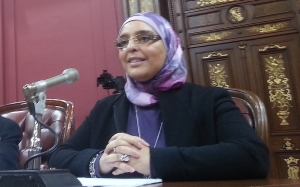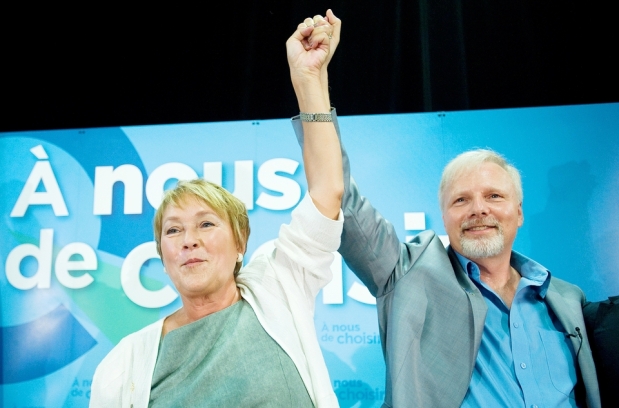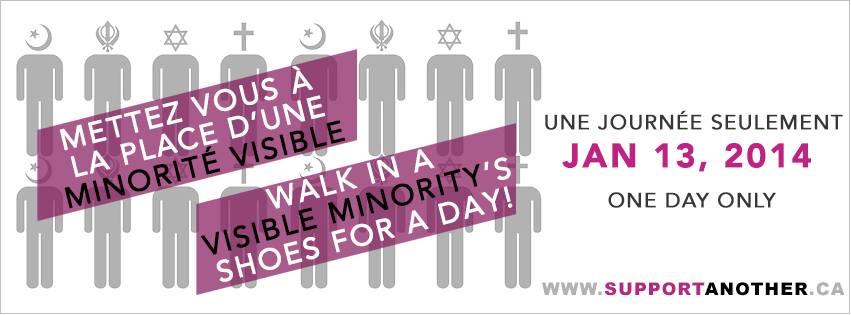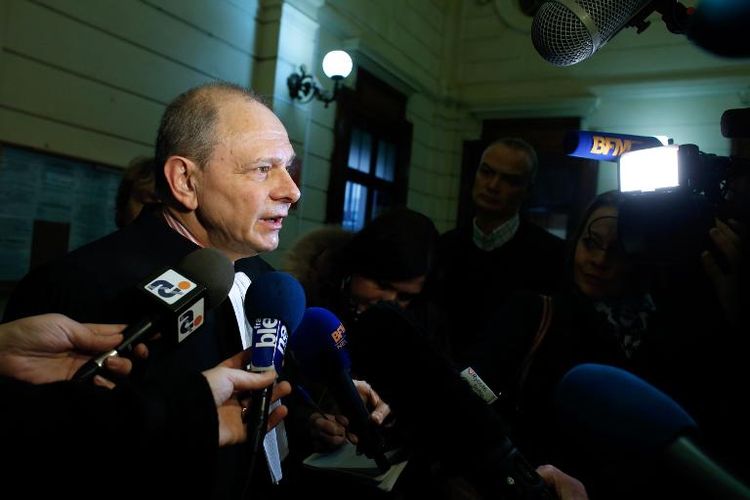 A Muslim woman wearing a hijab put the Parti Québécois on the defensive in a sharp exchange on the first day of hearings over the secular charter that would prohibit public sector employees from wearing overt religious symbols.
A Muslim woman wearing a hijab put the Parti Québécois on the defensive in a sharp exchange on the first day of hearings over the secular charter that would prohibit public sector employees from wearing overt religious symbols.
Samira Laouni told the minority PQ government that its proposed legislation was creating social tensions unheard of in Quebec until now. Some Muslim women have been spat on and have had their head scarf torn off, she said. “I’ve been here for 15 years. I have never seen it like this until now,” she told the committee.
Ms. Laouni was among the first seven to appear at the National Assembly, but 250 parties have submitted briefs and 200 hours have been set aside for presentations over the next several weeks.
The issue has divided Quebeckers, and opposition parties accuse the PQ of trying to take advantage of the storm of protest to attract enough voter support, especially in predominantly francophone ridings, to win a majority government in an election many expect will be held this spring.
The PQ minister responsible for democratic institutions, Bernard Drainville, went to great lengths to defend the bill he tabled last November. He argued that only 20 per cent of Muslim women in Quebec wear the veil. “That is one in five that won’t be affected by the restrictive measures,” he said.
Ms. Laouni lashed back by reminding the minister that it was his responsibility to protect minorities. “In a democratic country you need to think about the 1 per cent that is affected. You don’t think about the absolute majority, you think about the minority that is being crushed,” she said.

 A commission delving into the
A commission delving into the 
 A French court has convicted a woman for insulting police who ticketed her for wearing a face-covering Muslim veil, banned by French law. The confrontation between Cassandra Belin, her husband and police triggered riots in the Paris suburb of Trappes last year.
A French court has convicted a woman for insulting police who ticketed her for wearing a face-covering Muslim veil, banned by French law. The confrontation between Cassandra Belin, her husband and police triggered riots in the Paris suburb of Trappes last year. Edmonton Police Services has designed and approved a new hijab female police officers can wear as part of their uniform.
Edmonton Police Services has designed and approved a new hijab female police officers can wear as part of their uniform.